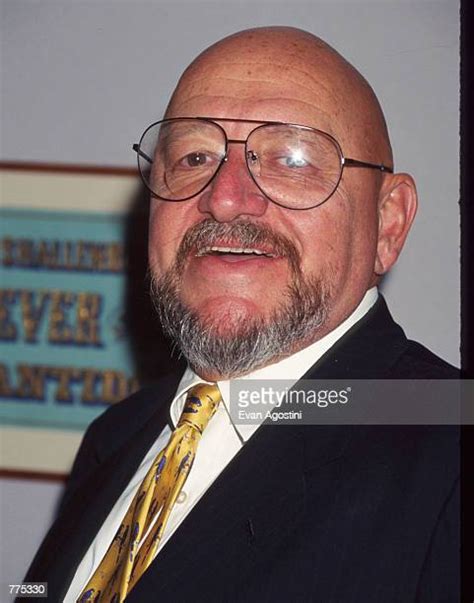A Quote by Marshall McLuhan
During the Second War, the U.S.O. sent special issues of the principal American magazines to the Armed Forces, with the ads omitted. The men insisted on having the ads back again. Naturally. The ads are by far the best part of any magazine or newspaper. More pains and thought, more wit and art go into the making of an ad than into any prose feature of press or magazine. Ads are news. What is wrong with them is that they are always good news.
Quote Topics
Related Quotes
'Ms.' always flouted the rules of the ad world that say, especially for products directed at women, that the ad must be connected to the editorial. You don't have food ads unless you have recipes. You don't get clothing ads unless you have lavish fashion coverage. We never did that; every other women's magazine does.
When you're reading a newspaper and you're seeing ads on the page, it's not kind of invasive. Like, it's on the page next to the article. You can look at it or not. You can turn the page when you're ready. On the internet, the ads - many of the ads - just are so controlling. They insist that you see them.
Back when I was a kid, I used to tear pages out of magazines and stick them on my bedroom wall - I had the Eternity ads on my wall and the CK One ads. My whole childhood, those were on my wall, and cut to 20 years later, being asked to be the face of one of Calvin Klein's new fragrances is kind of surreal.
I have to match wits with the ads. Like, there's pop-ups that, like, move around and you have to chase them like it was a video game or something. And then there's ads where, like, you know, the X to, like, close the ad screen is so kind of small that you can't find it and you have to actually go looking for it. And so I spend all my energy - instead of, like, absorbing what the advertiser wants to communicate to me, I spend my energy trying to figure out how to defeat the ad.
An electronic paper has infinite space because you can bring forth as much content as a reader wants. And the resolution of ads is very high. And when you touch the ad you can interact with the advertiser and the paper will take you to the advertiser's Web site and you can get more information. So ideally there should be a better connection between the ads you're shown and what you're actually interested in.
I think that the best approach would be if the American people ever insist that we cut down on the massive amounts of money that moves into the campaigns from special interest groups, and if we resist publicly by saying "No more negative advertisements that destroy the reputations of one's opponents." In the meantime, just don't pay any attention to negative ads, if you can avoid them, and try to focus on the issues.


































